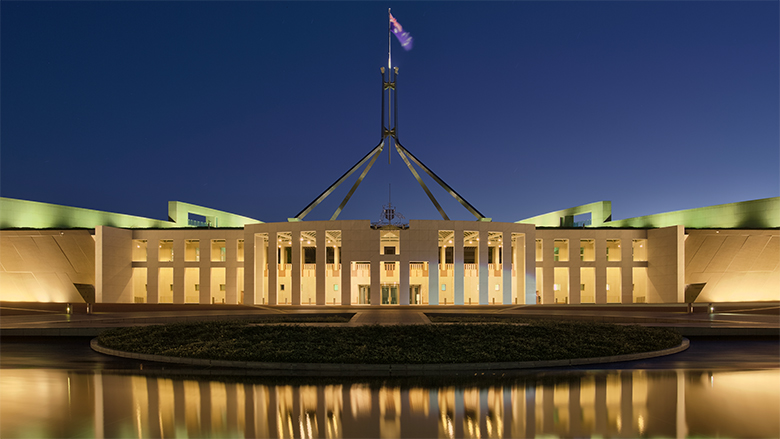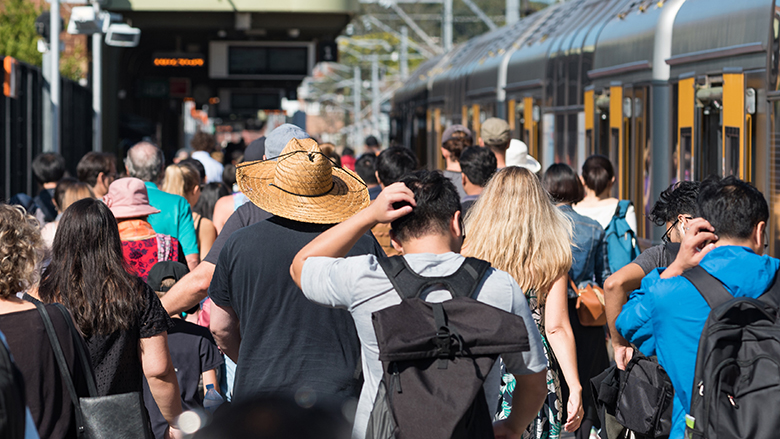Inflation is expected to peak at 7.75% by the end of this calendar year, before dropping away in the coming two financial years, according to Budget forecasts, although CBA expects it to fall a “little quicker” than Government expectations.
Higher energy costs, fuelled by international and domestic supply issues, will keep inflation more elevated than previously indicated. However, there is little change in those expectations as to the level to which inflation will rise by December 2022, say the CBA economics team in their Federal Budget 2022/23 update.
Treasury is forecasting that inflation will drop to 5.75% by the end of June next year and then to 3.5% in June 2024. CBA’s expectations are slightly different, indicating that the reduction will be a bit faster, falling to 4.8% by the end of June next year and then 2.8% 12 months after that.
In contrast, wages, as measured by the wage price index, are forecast to grow by 3.75% annually over the two financial years to June 2024, according to the Budget’s estimates. However, the CBA team is forecasting that wages won’t rise to that point, peaking at 3.5% per annum.
“We believe the high intake of migrants at a time when interest rates are expected to crimp aggregate demand will make it harder for wages growth to push beyond 3.5%,” the team says in its Budget update.
As for the impacts on employment growth and the unemployment rate, the picture from the Budget forecasts is mixed with a “modest” upgrade to jobs growth in 2023/23 and a significant downgrade in 2023/24.
While employment is forecast to rise by 1.75% during the current year to end June 2023, up slightly on the previous estimate of 1.5%, employment growth in the following financial year is now indicated to be just 0.75% — a halving of the previous target.
That compares with a higher-than-expected increase in the forecast rate of unemployment. By next June the jobless rate is likely to edge up to 3.75% and then jump sharply to 4.5%. That is higher than the 4% forecast made by the Reserve Bank of Australia at a time when Australia is effectively operating at full employment.
“At this juncture we had assumed the Government would not wish to see the unemployment rate climb above their estimate of full employment,” says the CBA economics team. “Indeed we think the RBA will not want that to happen.”
Read the full Federal Budget 2022/23 update.
For more information, visit: commbank.com.au/federal-budget




